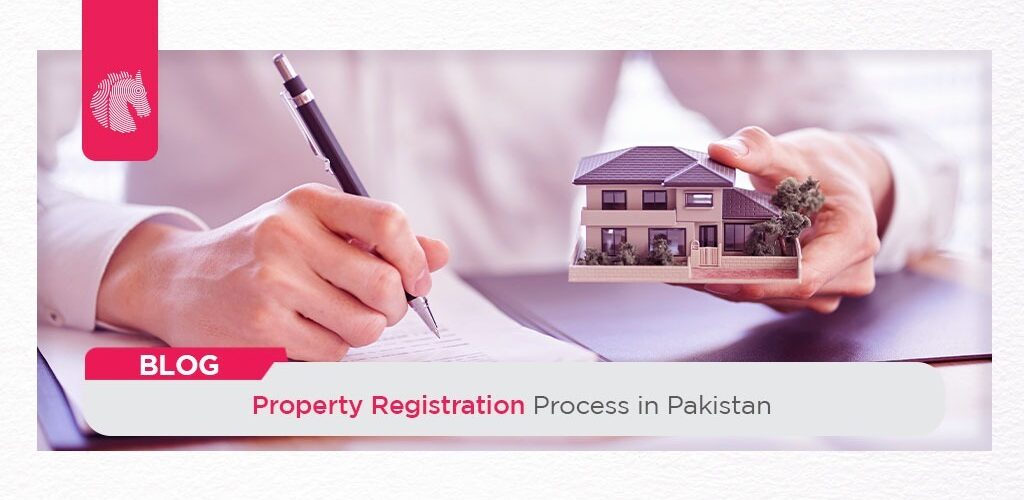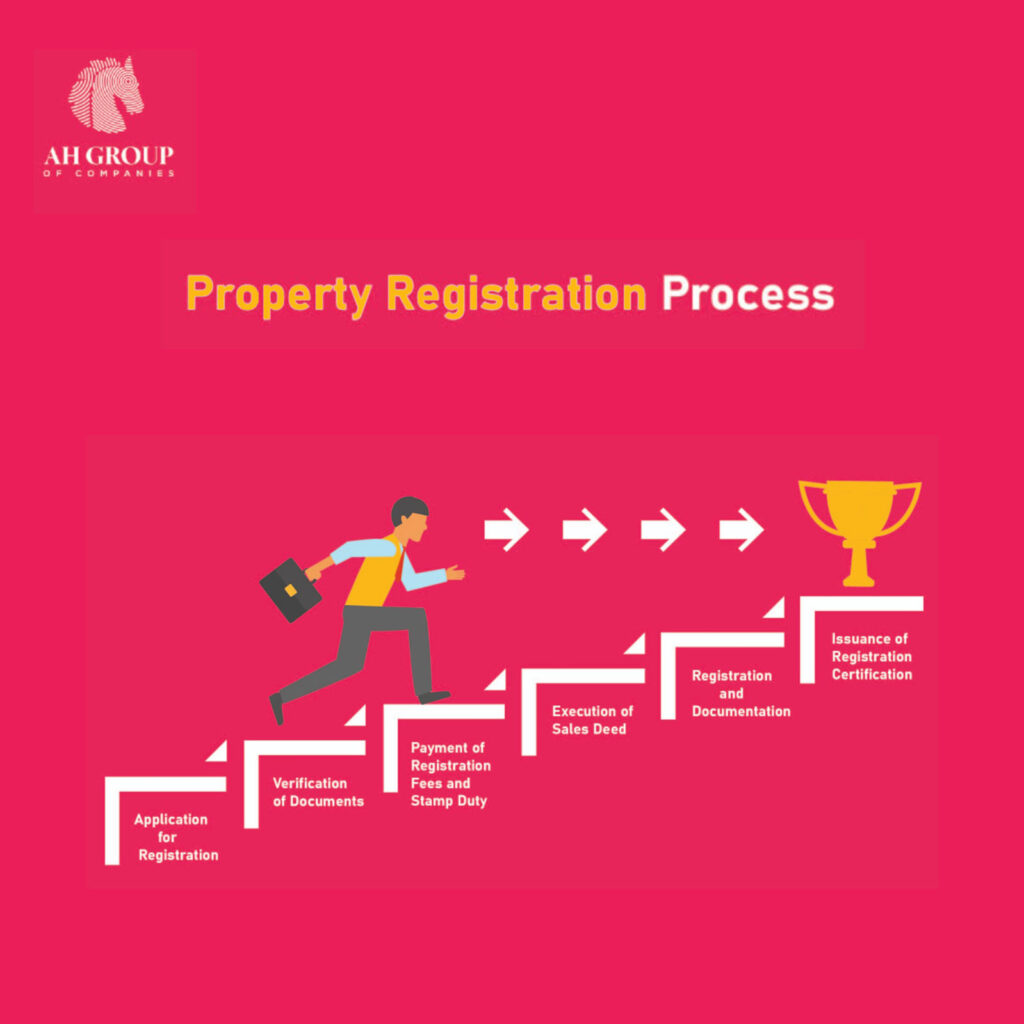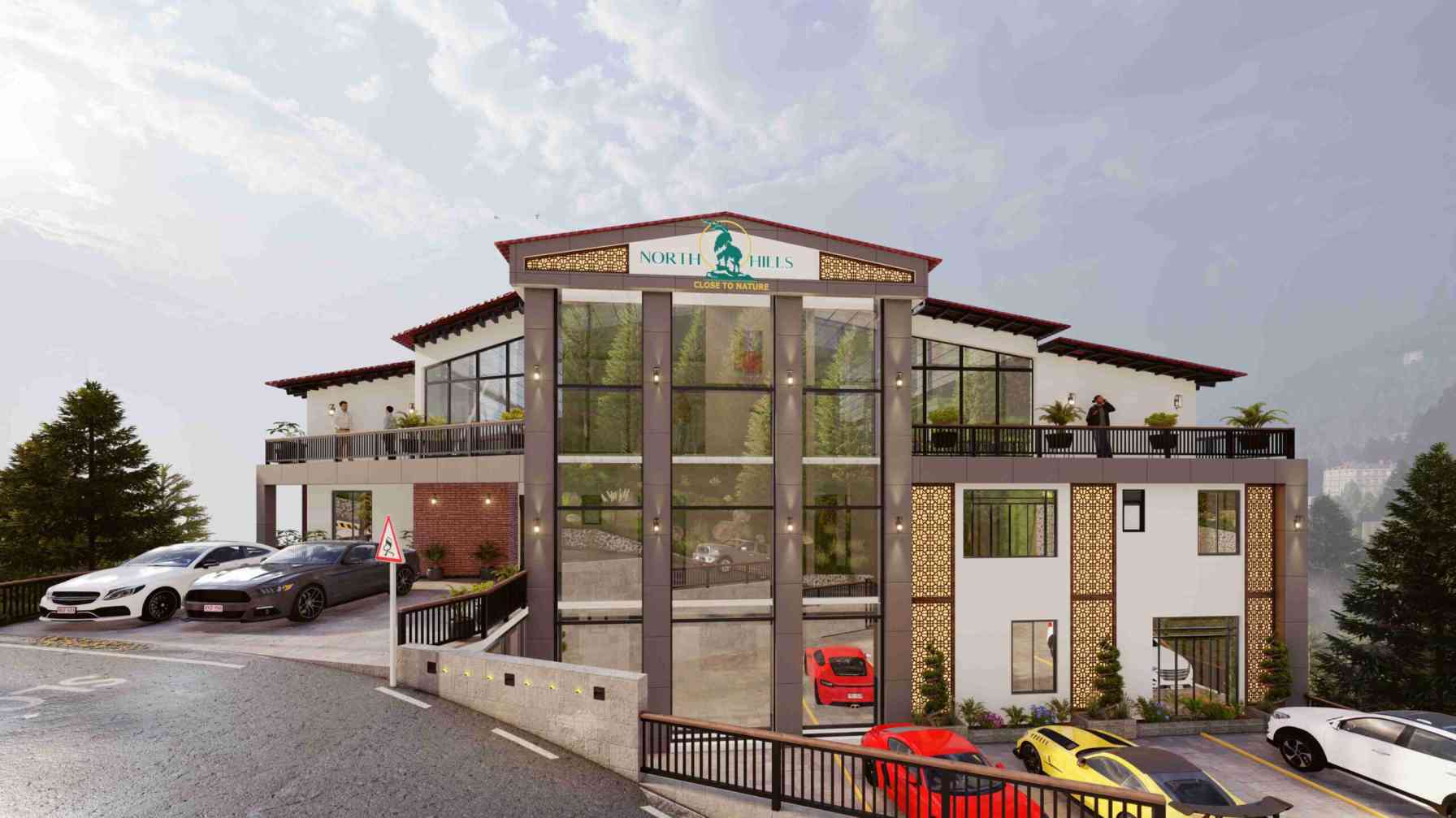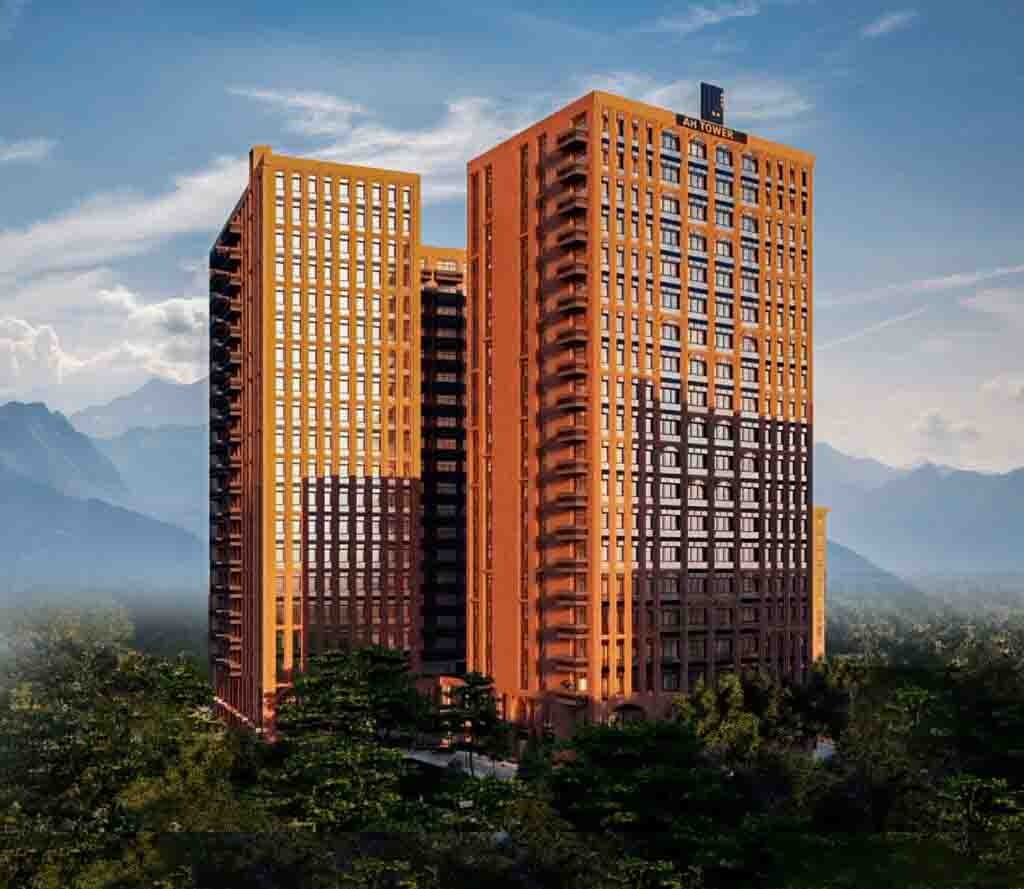A Guide to Property Registration Process in Pakistan

Understanding the property registration process in Pakistan is a crucial part of owning a property. After buying a property, you must register it to avoid any kind of unpleasant event in the future as there are more than 65% of cases pending in the courts of Pakistan.
However, as you know for any legal procedure in Pakistan, you need to submit certain documents. Similarly, before registering your property, you should arrange the documents necessary for land registration.
Documents Required for Land Registration Process in Pakistan
You will need these documents to register your property.
- Sale Deed
- Copy of Computerized National Identity Card (CNIC)
- Mutation Certificate
- No Objection Certificate (NOC)
- Encumbrance Certificate
- Power of Attorney (if applicable)
- Affidavit
Here is the complete guide to the land registration procedure in Pakistan
Property Registration Process
After arranging the essential documents for land registration, you can now go for property registration. These steps are written chronologically.

Application for Registration
To initiate the property registration process, you must apply to the concerned registrar’s office by applying. Include this information in your application.
- Size of the property
- Location of the Property
- Price of the Property
- Boundaries of the property
- Ownership details
Verification of Documents
After your application, the Registrar will examine your provided documents carefully. If the documents you provide comply with the property you want to register, the registration process will be initiated.
Payment of Registration Fees and Stamp Duty
After successfully verification of the documents, you will be asked to pay stamp duty and registration fees. The fees for property registration are counted based on the value of the property. These stamp duties and registration fees are different in each province. Usually, the stamp duty for the property registration process in Punjab is 7% and the registration fee is 1% of the purchase price. The payments are paid via designated banks or authorized branches.
Execution of Sales Deed
The presence of buyer, seller, and two witnesses have to be present at the registrar’s office after the payments are made. A sales deed is a legal document stating that the property ownership is transferred to the buyer from the seller. You have to ensure that all the parties have signed the deeds, and the Registrar has attested it.
Registration and Documentation
After completing all the steps mentioned above, now it is time for registration and legal documentation. The Registrar processes the land registration and prepares the necessary documents. These documents include sales deed, transfer deed, and other particular forms. In addition, at this stage the Registrar also keeps the record of the transaction at the office stating the confirmation of the property ownership. So, in the future, if you want to check the property ownership, you can easily get to know by checking the records at the registrar’s office.
Issuance of Registration Certification
The Registrar issues a registration certificate to the buyer upon the completion of the registration process. The certificate is vital evidence of claiming ownership of the property and also entitles you to sell the property in the future. In addition, it is mandatory to get the registration certificate for legal proceedings. Following these simple steps make you the legal owner of the property.
Differences in Property Registration and Property Transfer
Here is a table showing a slight difference between the registration of the Property and the transfer of the property.
| Registration of the Property | Transfer of the Property | |
|---|---|---|
| Establish legal proof of ownership | Update property records for change | |
| Confirms legitimacy of ownership | Verifies transfer of ownership | |
| Initial registration of property | Updating records after ownership transfer | |
| Done at property purchase/acquisition | Done after sale, inheritance, etc. | |
| Requires submission for registration | Requires papers for ownership transfer |
Conclusion
We have discussed the complete process of property registration in Pakistan. Now, it will be easy for you to avoid any kind of ambiguities while buying or selling a property. In the blog, you can find the detailed information on how to register your land. However, the process for registration of the property is somehow same in all the provinces, but the stamp duties and registration fees vary.
FAQs
What is the process for registering a property sale in Pakistan?
The process for registration property sale in Pakistan includes these steps:
- Application for Registration
- Verification of Documents
- Payment of Registration Fees and Stamp Duty
- Execution of Sales Deed
- Registration and Documentation
- Issuance of Registration Certification
What is the registration fee for property in Pakistan?
The registration fee for property in Pakistan is variable depending on the property location and the prices of a property. Also, the ratio of fees is less or more in different provinces of Pakistan.
What is the difference between a registry and an inteqal?
You can know the difference between registry and Inteqal from the table.
What is the process of property registration in Punjab?
For registration of the property in Punjab you will need to visit the NGDRS Punjab. The rest of the process is almost same as the property registration process in Pakistan.
Read More Blogs
















